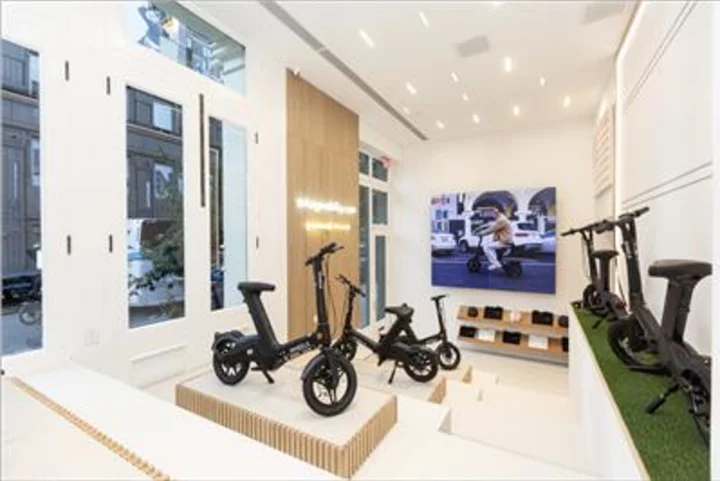
Micromobility.com Celebrates the Resounding Success of SoHo Store Opening and Launches New Brooklyn Service and Delivery Location
NEW YORK--(BUSINESS WIRE)--Sep 18, 2023--
2023-09-18 20:18
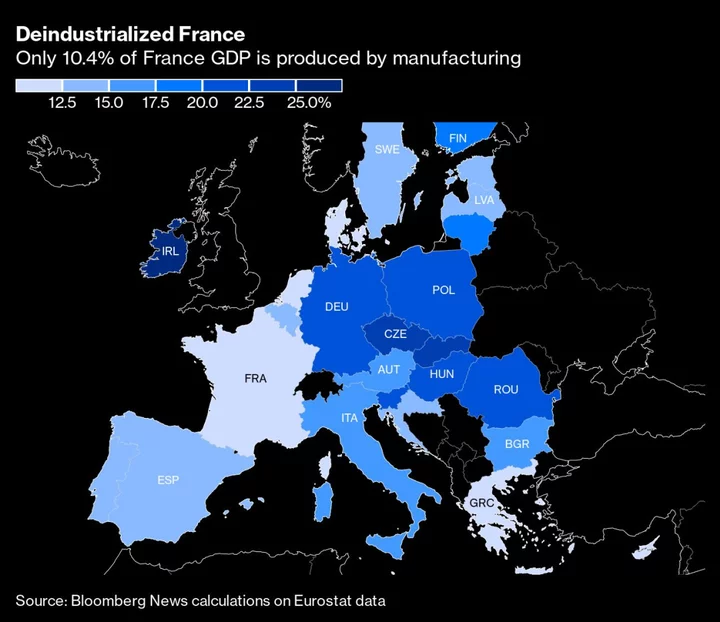
France Presents Bill to Rival US Support for Green Industry
The French government presented a green industry bill including tax credits and targeted bonuses for electric vehicles, seeking
2023-05-16 18:52

The PS5 is finally on sale — save $50 at Best Buy and other major retailers
SAVE $50: As of Aug. 7, you can snag a PlayStation 5 for just $449.99,
2023-08-08 02:45
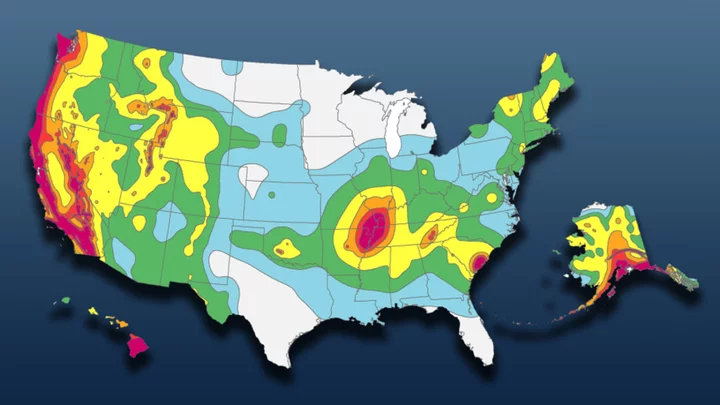
What’s the Earthquake Risk in Your City? This Interactive Map Shows You
This color-coded earthquake risk map can help you determine your chances of feeling seismic activity in your area.
2023-05-30 23:24

Siemens to invest $2.2 billion to ramp up global production
By John Revill ZURICH (Reuters) -Siemens will spend 2 billion euros ($2.16 billion) on a new global investment plan, the
2023-06-15 14:15

Chinese hackers breached US ambassador to China's email account
China-based hackers breached the email account of US Ambassador to China Nicholas Burns as part of a recent targeted intelligence-gathering campaign, three US officials familiar with the matter told CNN.
2023-07-21 04:18

Volkswagen: to build Trinity model at Zwickau, no further plant needed
BERLIN Volkswagen plans to build its Trinity electric vehicles (EV) at its factory in Zwickau, the company said
2023-09-29 19:16
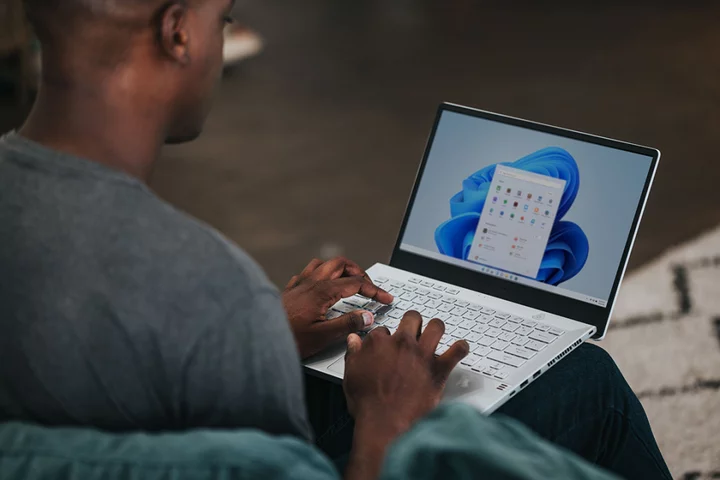
Get a $30 lifetime license for Microsoft Office for Mac or Windows
TL;DR: As of July 2, you can get a lifetime subscription to Microsoft Office Home
2023-07-02 17:48

Jaxon Lang Assumes Role as AFL’s President and CEO
SPARTANBURG, S.C.--(BUSINESS WIRE)--Jun 8, 2023--
2023-06-08 21:57

Supreme Court’s Black Justices Spar Over Affirmative Action
The US Supreme Court’s two Black justices sparred over the meaning and impact of race in dueling opinions
2023-06-30 08:54
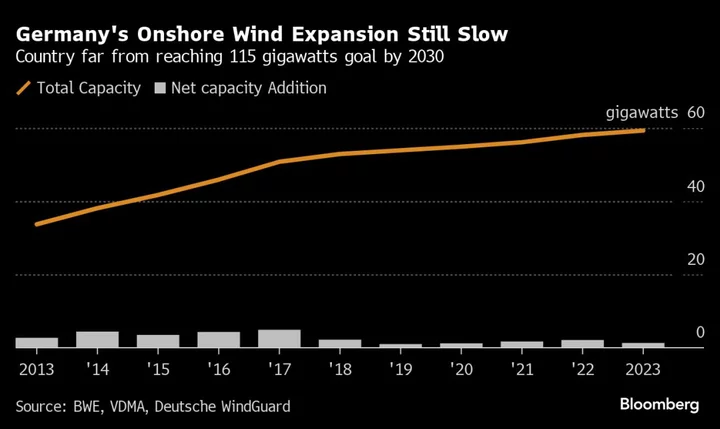
Germany Stands Ready to Back Strategic Asset Siemens Energy
Germany’s Economy Ministry is prepared to support Siemens Energy AG because it sees the company as a strategic
2023-10-27 20:46

Shares of UK online supermarket Ocado soar on talk of Amazon bid interest
LONDON (Reuters) -Ocado Group shares surged by over 40% on Thursday after The Times newspaper reported speculation of possible bid
2023-06-22 21:52
You Might Like...

The dark web is overflowing with stolen ChatGPT accounts

How to report abusive comments on Instagram
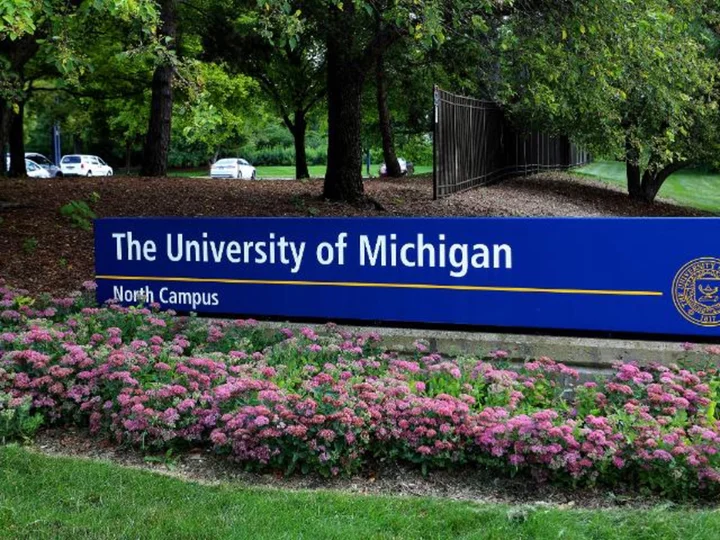
University of Michigan shuts down school's internet connections following 'significant' cybersecurity incident

The BAFTA Game Awards' new rules unveiled as entries open
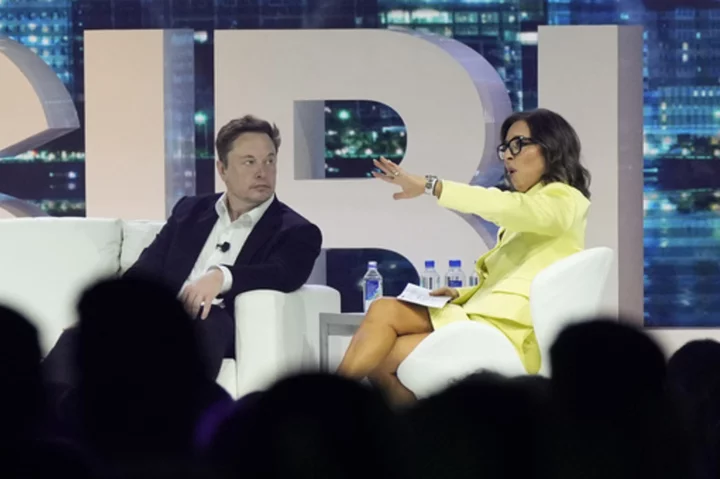
Elon Musk sparred with new CEO Linda Yaccarino in on-stage interview: 3 takeaways from the exchange
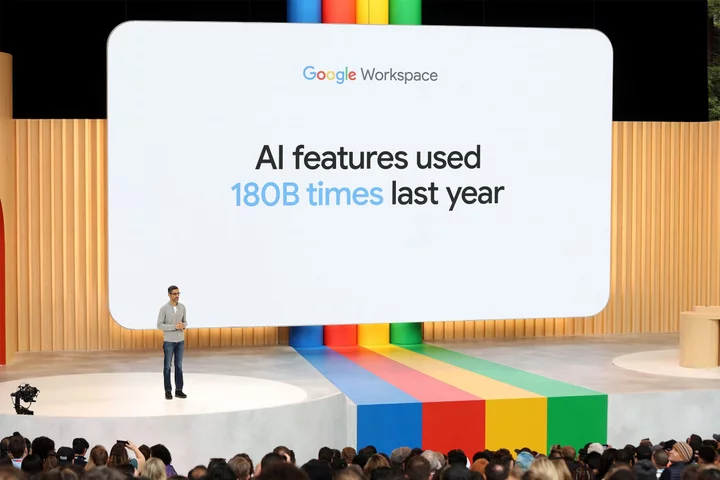
Google Shows Off Latest AI Tools: Updates From I/O Event
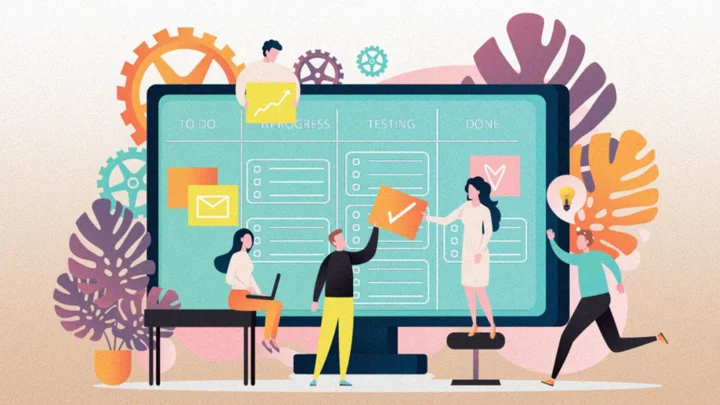
The Best Project Management Software for 2023
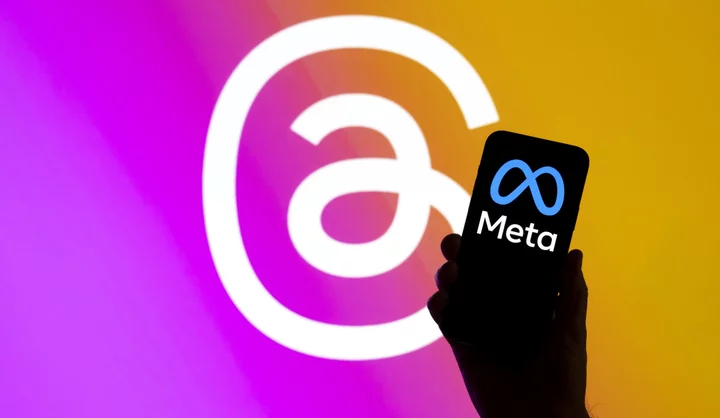
Threads already has a hate speech problem, civil rights groups warn
